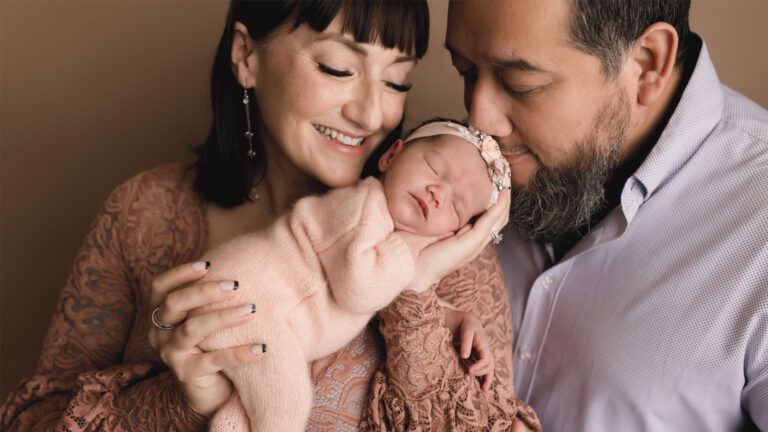Every day I see and talk to dozens of individuals who are recent examples of how faith in God and Christ can change human behavior. Their stories would make a whole library of books.
Since I cannot tell of many here, I’ll tell of one. His name is Merrell Dukes, who now is an executive of B. Lowenstein & Bros. department store in Memphis, Tennessee.
I first met Merrell toward the end of World War II when, as a soldier, he drifted into our Servicemen’s Canteen at the Marble Collegiate Church. Merrell, confused by wartime standards, found a code of living that made sense in the life of Jesus Christ.
When Merrell visited us again last spring, he told a story about a woman employee in his store which illustrates how one’s own inner faith and convictions can rub off on another.
During the Christmas rush of a year ago, a basement buyer called Merrell aside. “I just caught one of our clerks lifting some merchandise,” he said “She has been fired, of course. Perhaps you ought to talk to her.”
The woman, middle-aged, had been taken on as part-time help. Now she was sitting in the office, red-faced, twisting a handkerchief in her hands.
“Will you tell me what happened?” Merrell asked her kindly.
The woman made no attempt to lie or alibi. She told of taking some shirts, scarfs, and jackets for her children. “I paid for some of them and intended to buy the rest, but I just got weak and took them,” she said lamely.
“How many children do you have?”
“Four. Most of the stuff was for the twins. That’s why I went to work—so I could have money to buy them all Christmas presents. My husband only makes 50 dollars a week. We need the money.”
The mention of twins interested Merrell since he, too, is the father of a pair. They talked for a few minutes about the woman’s twins, who were in the fourth grade. “Why do you celebrate Christmas?” Merrell then asked her.
“It’s the birth of the Savior.”
Be inspired each day! Order Daily Guideposts 2021!
“Do you talk about this when you give gifts to your children?”
The woman hesitated. “Not like I should,” she said, softly. “It’s one of those things you always mean to do, but never find time for around the Christmas rush.”
“What do you think would be the best gift you could give your children this Christmas, or any Christmas?”
Her eyes filled with tears; the woman thought this over for several minutes.
“A good mother,” she finally said.
Then she broke down completely and pleaded with Merrell not to inform her family. Merrell talked with her for some time, mostly about the real meaning of Christmas. Soon the woman was composed enough to go home, assured that she would not be prosecuted nor would her family learn of the incident.
Merrell admitted to us that he would never have bothered to talk with her but for his own religious experience which gave him a sense of concern about the needs of others.
Several days later the personnel manager of the store received a remarkable letter from this woman. In substance, here is what she wrote:
“Please thank the gentleman who kept me from spoiling Christmas for my children. I am very grateful for the thoughts he gave me, for just the next day my twin daughter came home from school to tell me that she had learned the real meaning of Christmas in school that day.
“So we talked together about how much better it was to give love and laughter and integrity at Christmas than the most expensive gift. I certainly learned a lot from my mistake, and this year we are going to have the best Christmas we’ve ever had.”
This story first appeared in the December 1955 edition of Guideposts.




